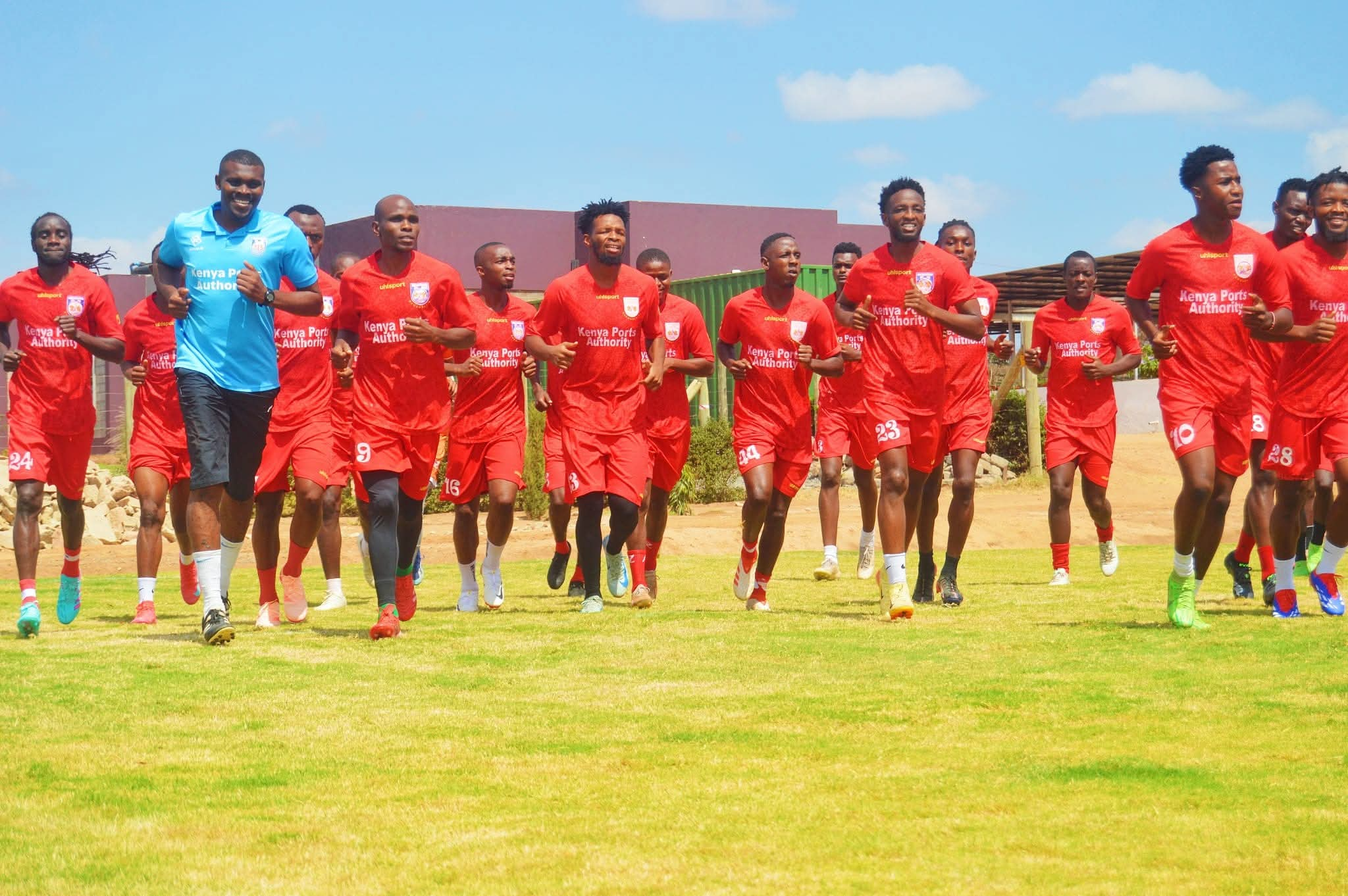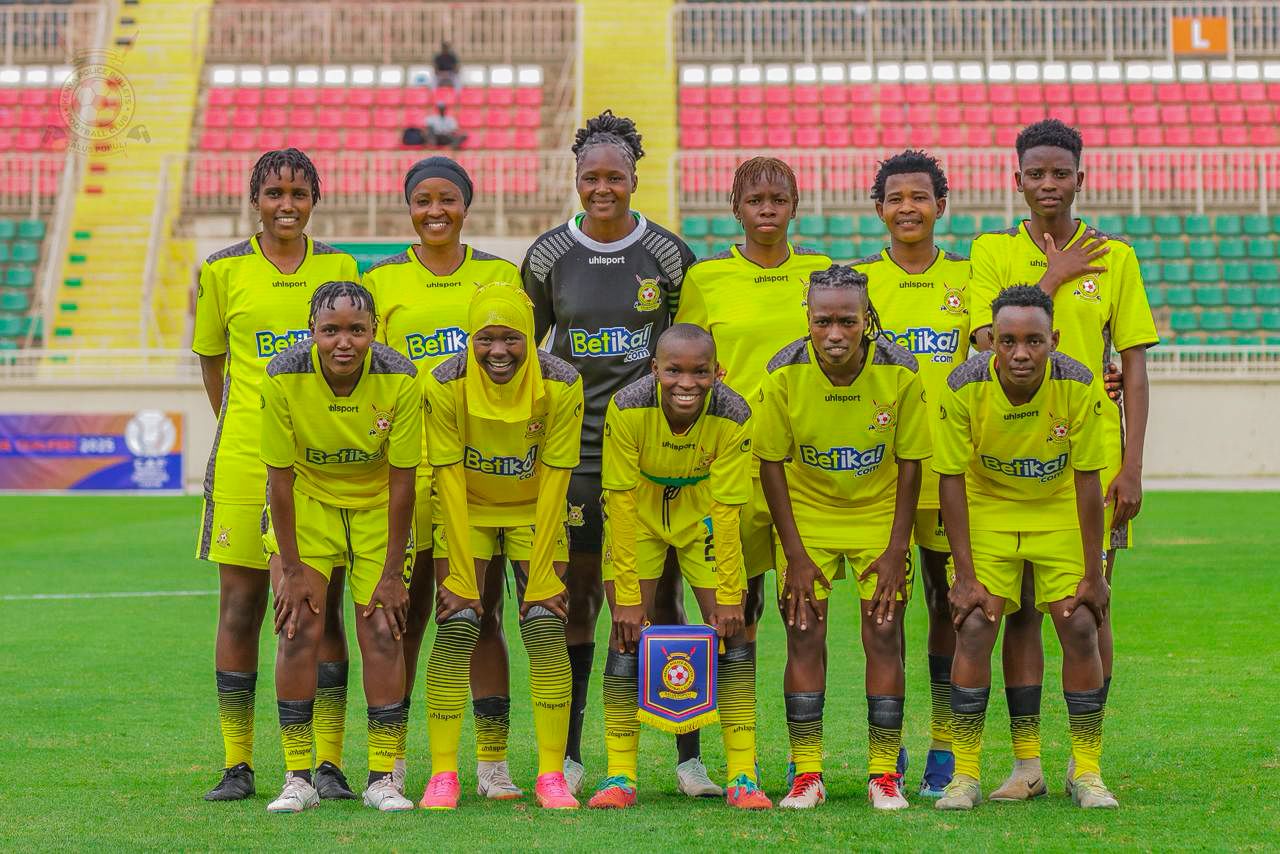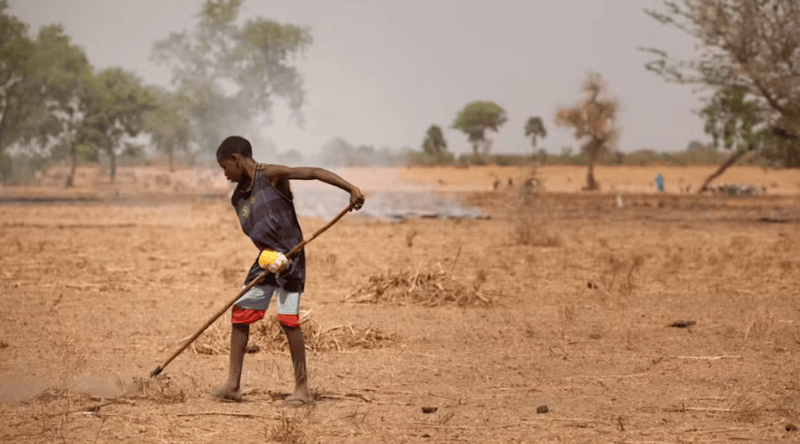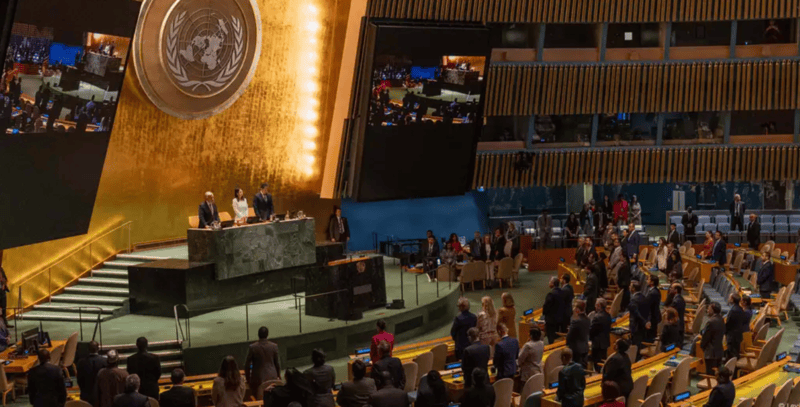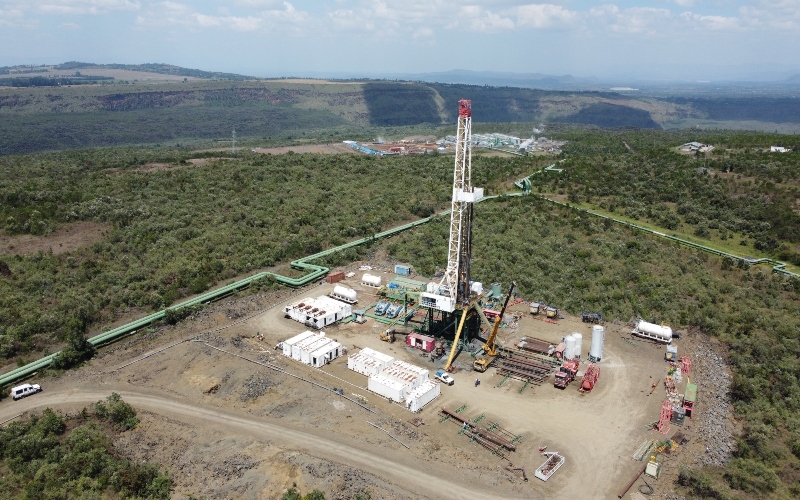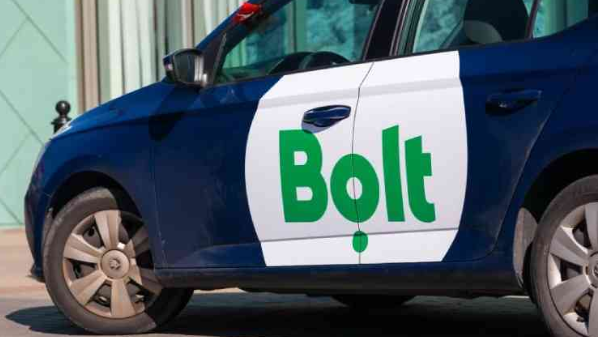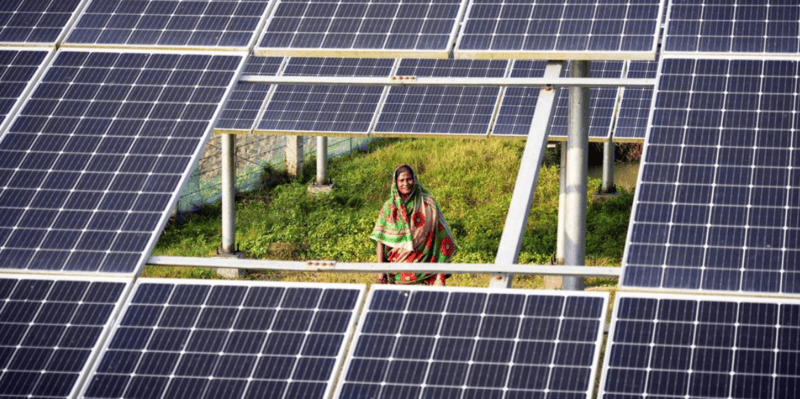Nairobi launches online platform to monitor, manage water usage

The online system provides the 'Equitable Water Distribution Schedule', allowing users to log into Nairobi Water’s website and see exactly when their areas will receive water.
Nairobi residents no longer have to guess when water will reach their homes, as the Nairobi City Water and Sewerage Company has rolled out a new online service to show scheduled supply days.
The digital platform, launched Thursday, gives households, businesses, and institutions clear access to information on water availability, ending years of uncertainty over this vital service.
More To Read
- Audit exposes massive water theft, leakages in county water companies
- Nairobi County at crossroads: Mismanagement, politics, and struggle for accountability
- Sakaja to face over 20 charges as MCAs' impeachment drive gathers momentum
- Ex-Nairobi water employee fined Sh14.6 million for using fake diploma to secure job
- Nairobi MCAs turn heat on Sakaja after stormy Kamukunji as impeachment talks resurface
- Auditor General flags irregular hiring of 3,800 staff by Sakaja's administration
The online system provides the 'Equitable Water Distribution Schedule', allowing users to log into Nairobi Water’s website and see exactly when their areas will receive water.
Officials say the move will help residents store water in advance, reduce wastage, and manage consumption more efficiently amid growing demand.
Nairobi Governor Johnson Sakaja described the platform as a key step toward transparency, ensuring residents can access accurate and timely information about water distribution.
“We want residents to know exactly when they will get water so they can plan accordingly,” he said.
Despite this development, illegal water connections continue to pose serious challenges. County data shows that of the 560,000 cubic metres of water supplied daily, roughly 300,000 cubic metres are lost through unlawful connections and other forms of water theft, stretching the utility’s resources.
Speaking in July before the Senate County Public Investment and Special Funds Committee, Sakaja proposed penalties for residents who block access to water meters.
He highlighted that meter readers frequently face obstacles such as homeowners being away or housekeepers denying entry, which undermines revenue collection.
Auditor-General Nancy Gathungu previously flagged the scale of water losses, reporting that in 2020, Nairobi Water produced 176.04 million cubic metres but only billed 86.35 million cubic metres.
More than half of the production, 89.69 million cubic metreswas lost to non-revenue water, mainly due to illegal connections.
In 2023, the Lang’ata Pipeline alone recorded around 130 unauthorised connections serving Lang’ata, High Rise, Ngei Estate, and parts of Kibera.
The platform is expected to empower residents with reliable information, minimise dependence on informal water sources, and support Nairobi Water’s efforts to maintain a consistent and accountable supply throughout the city.
Top Stories Today
